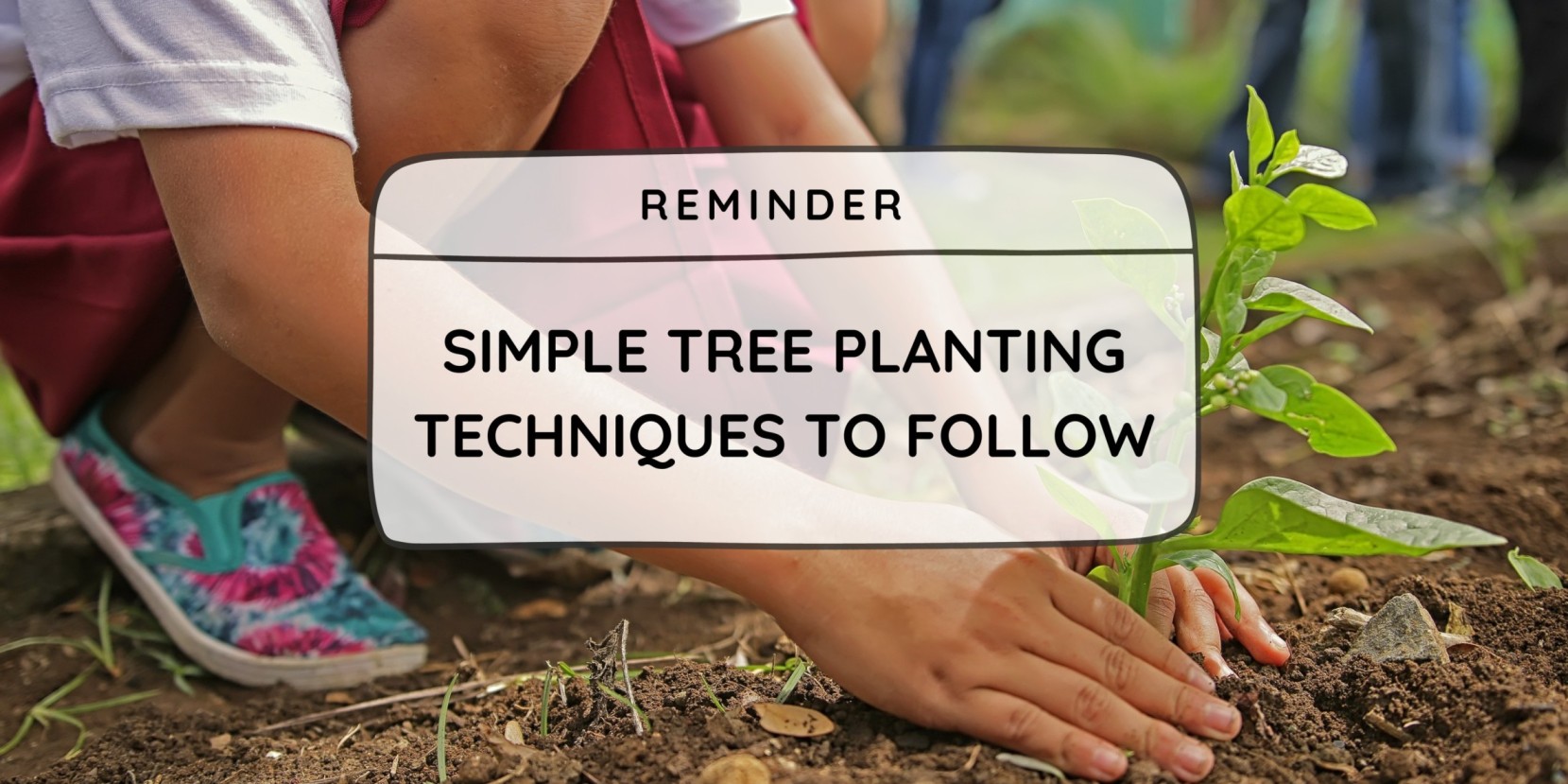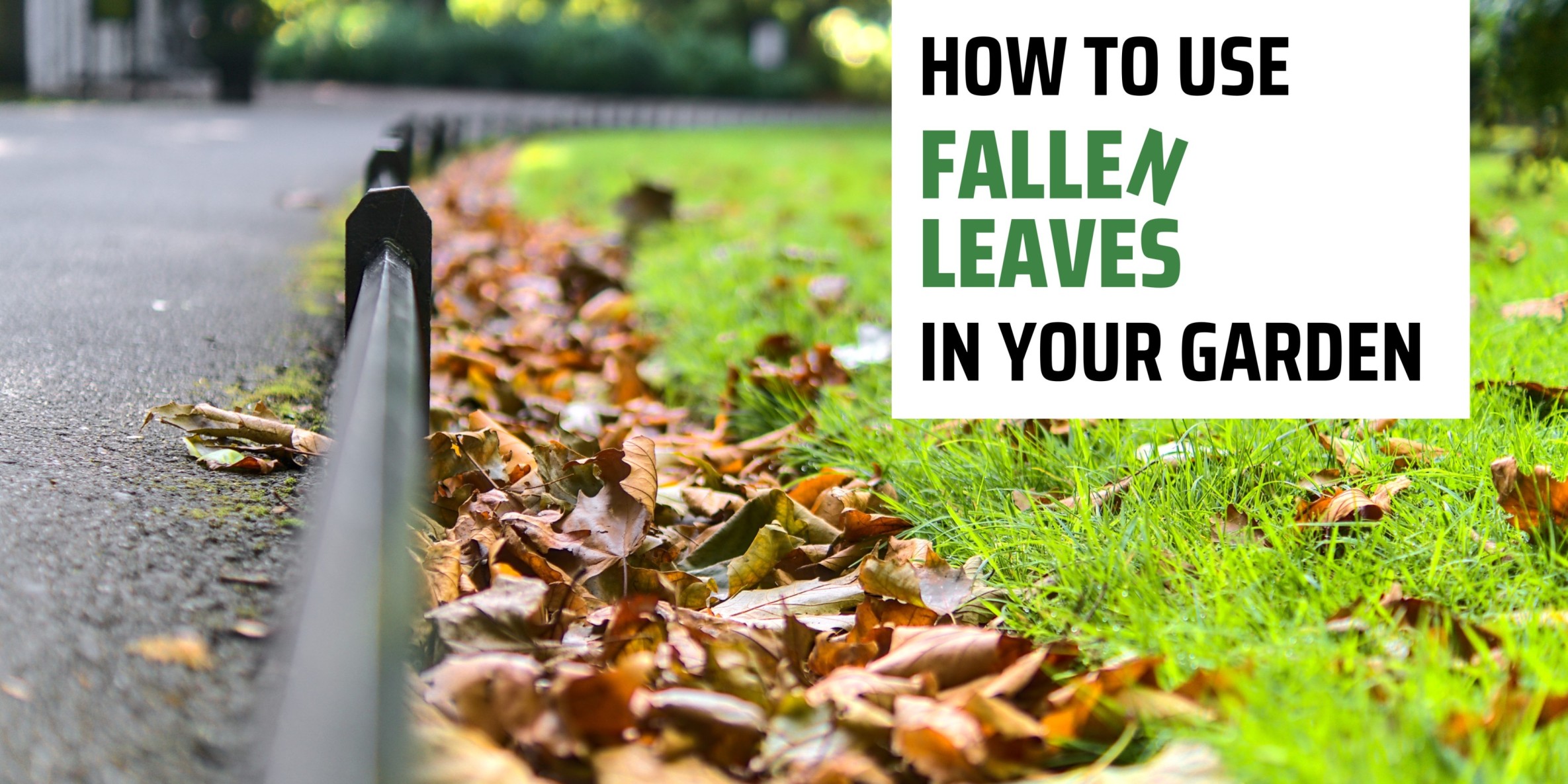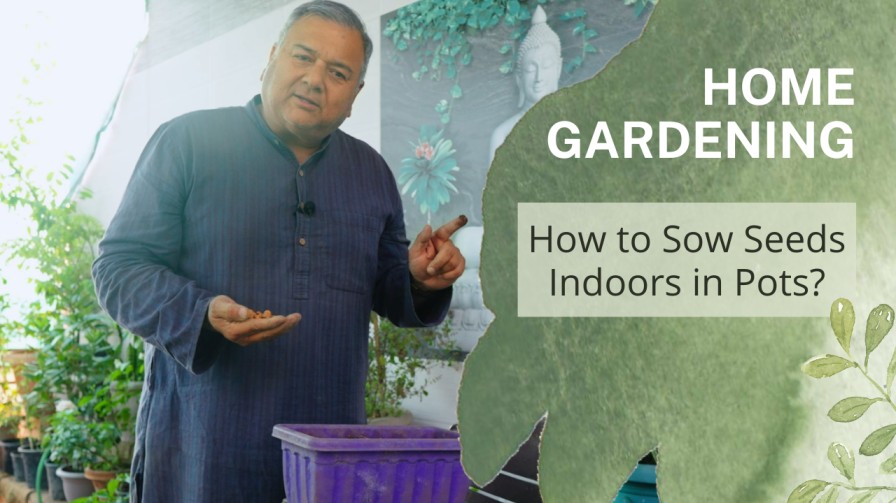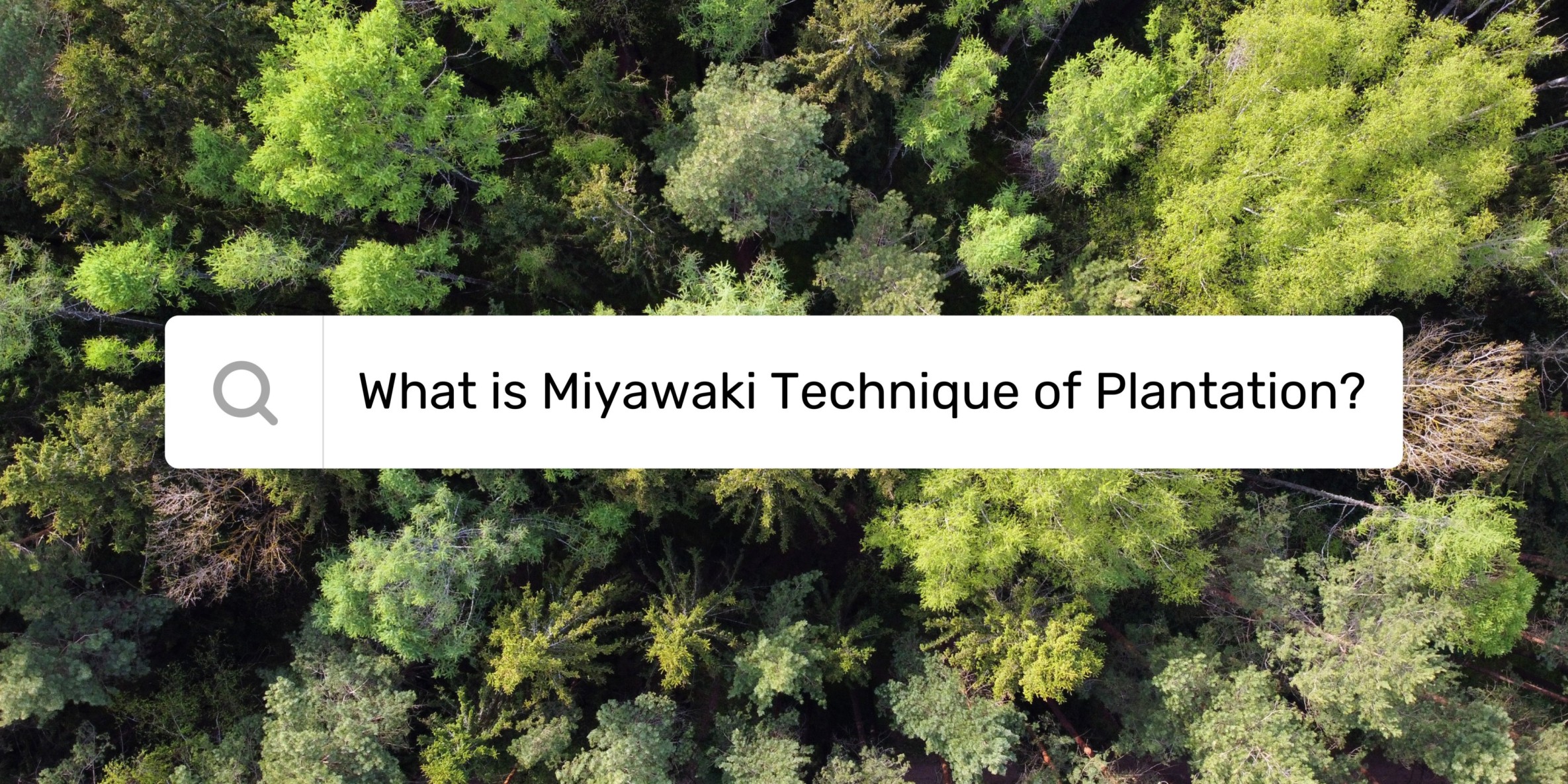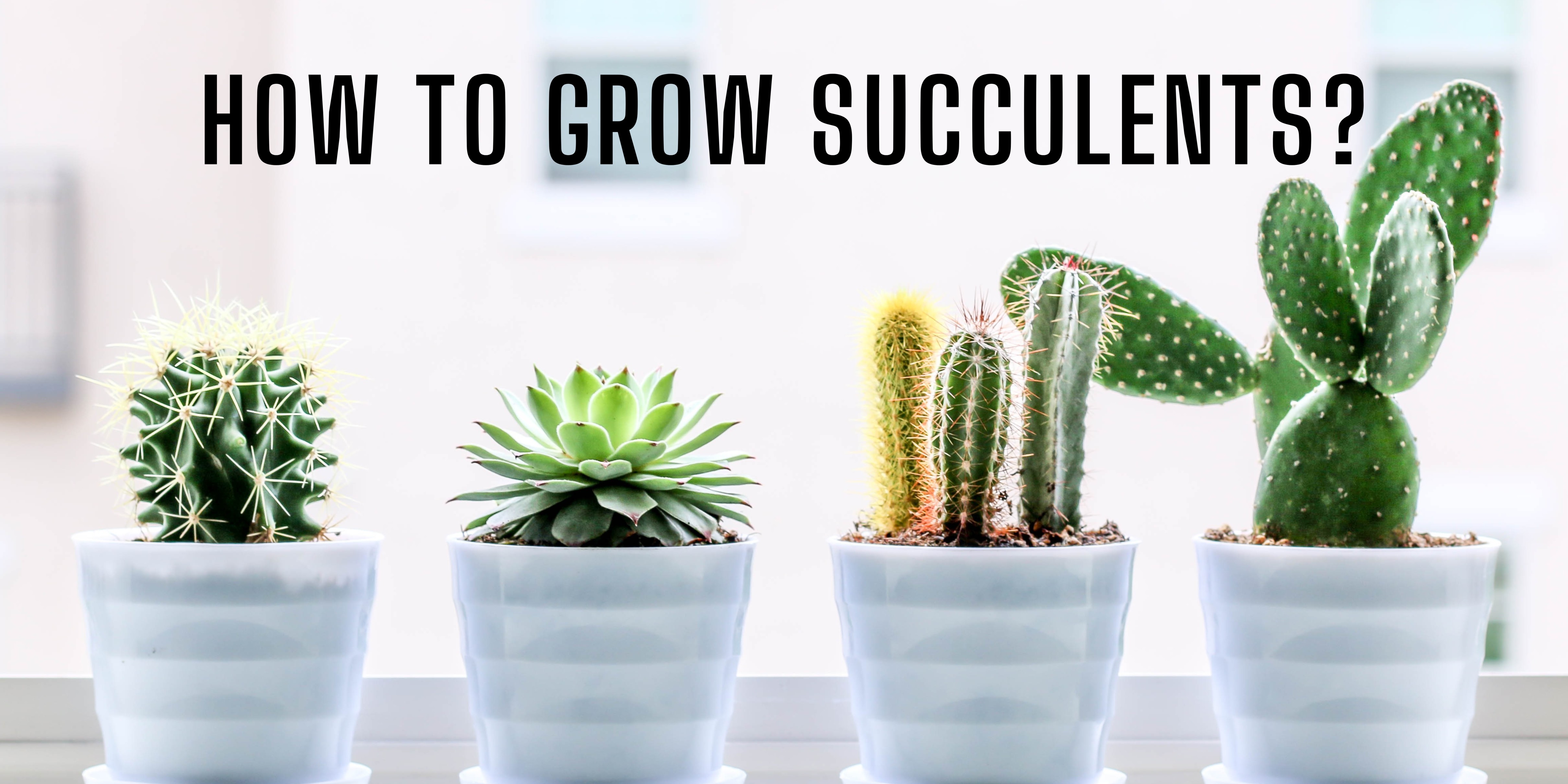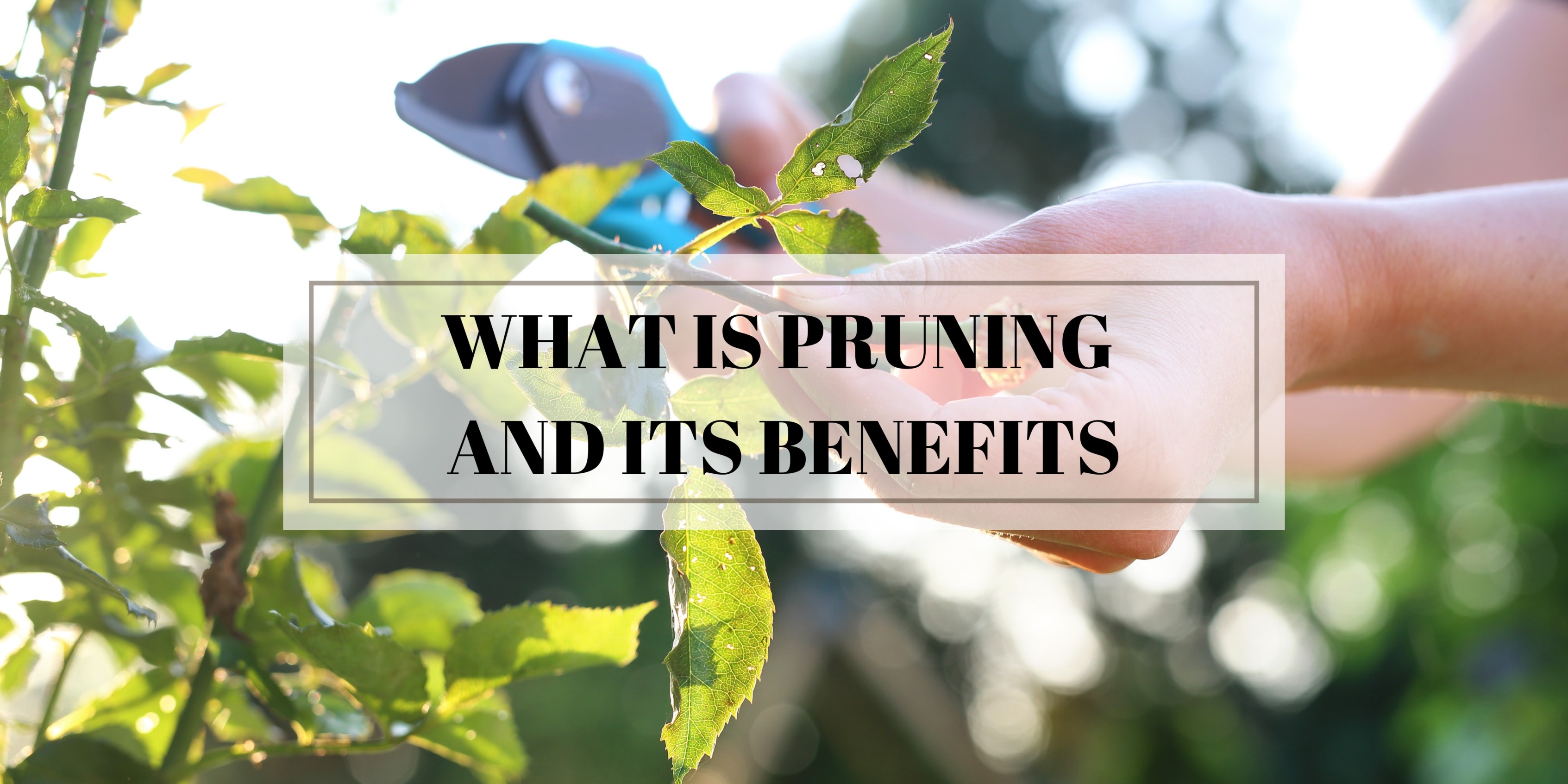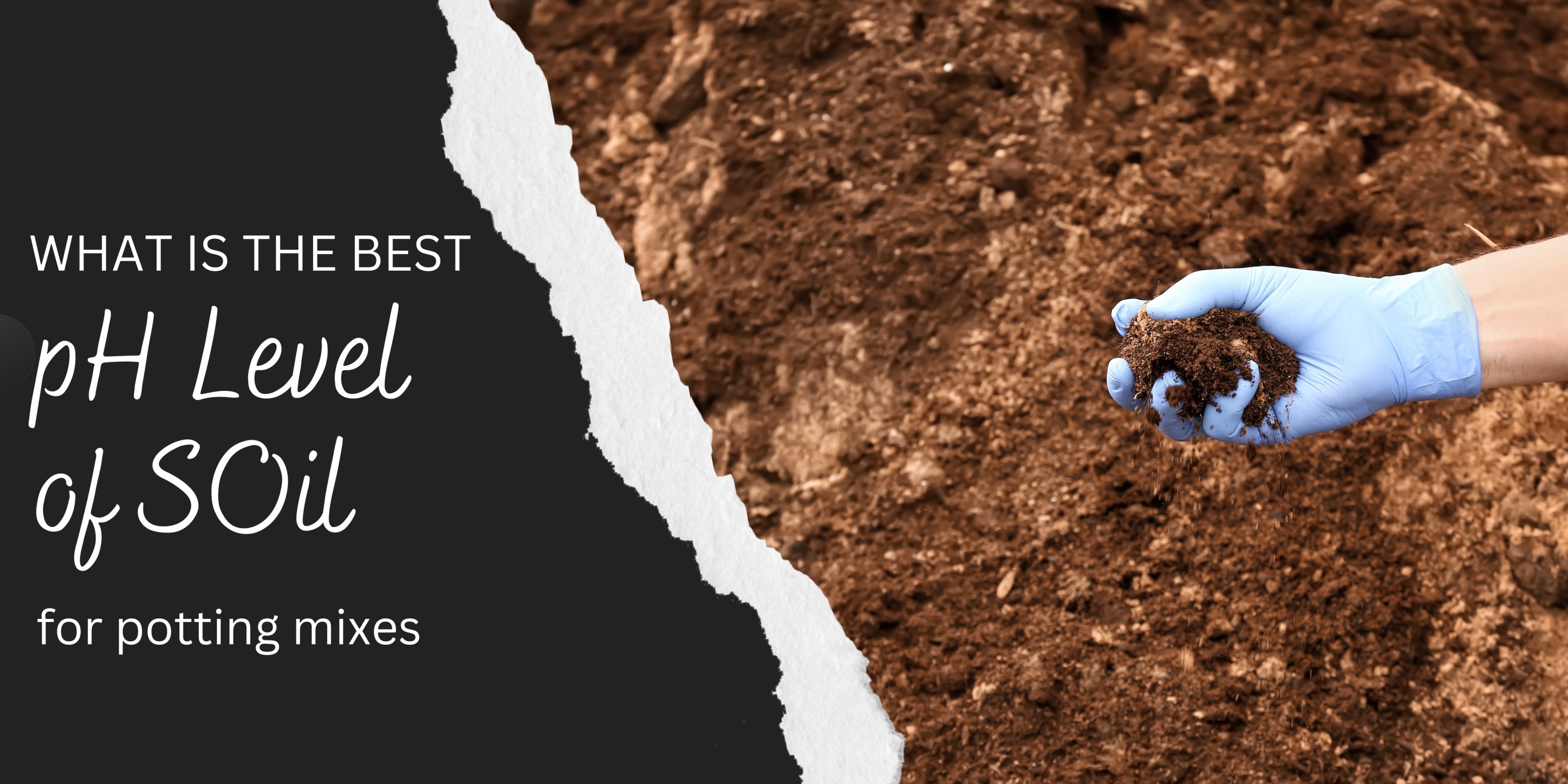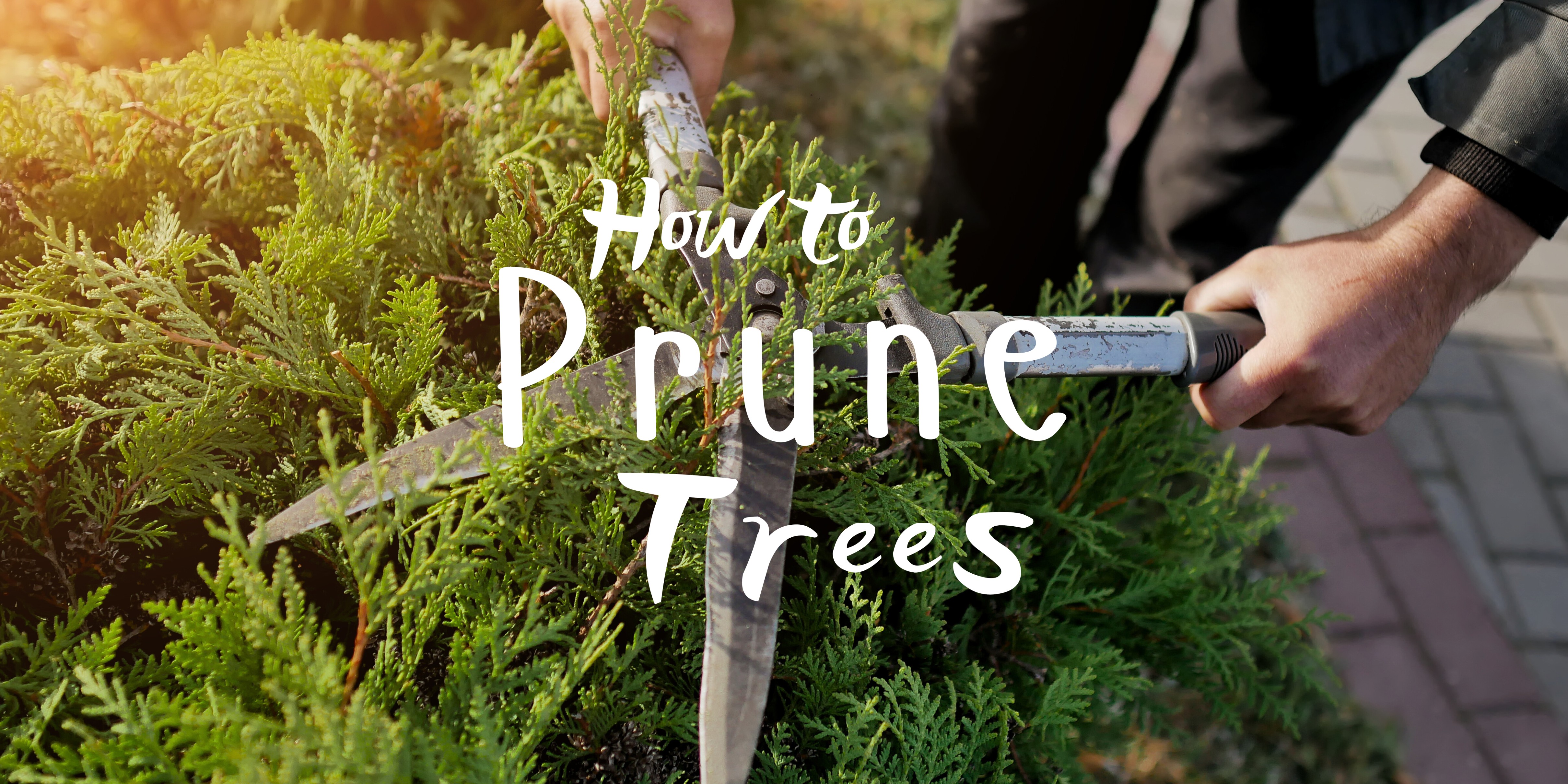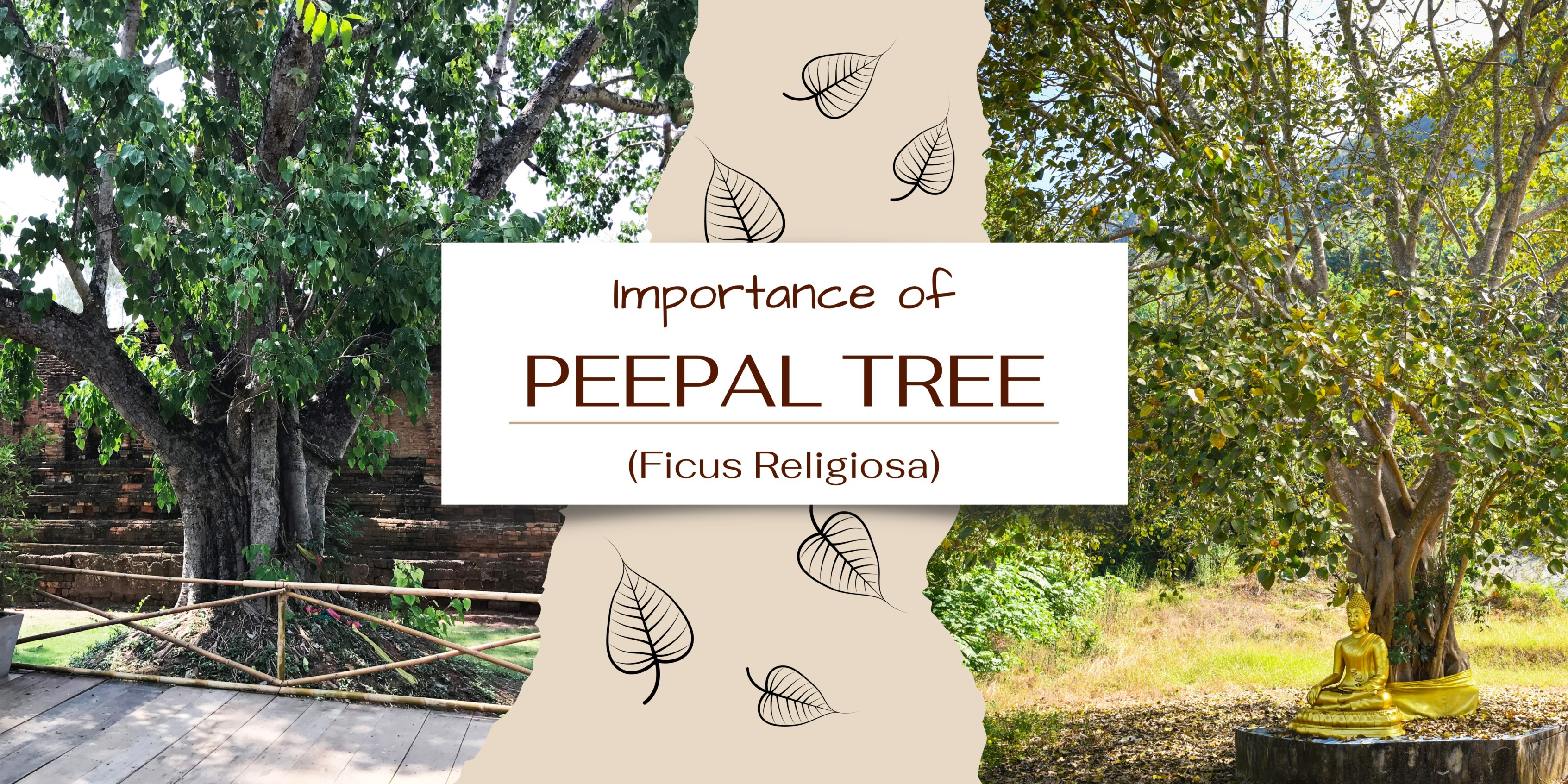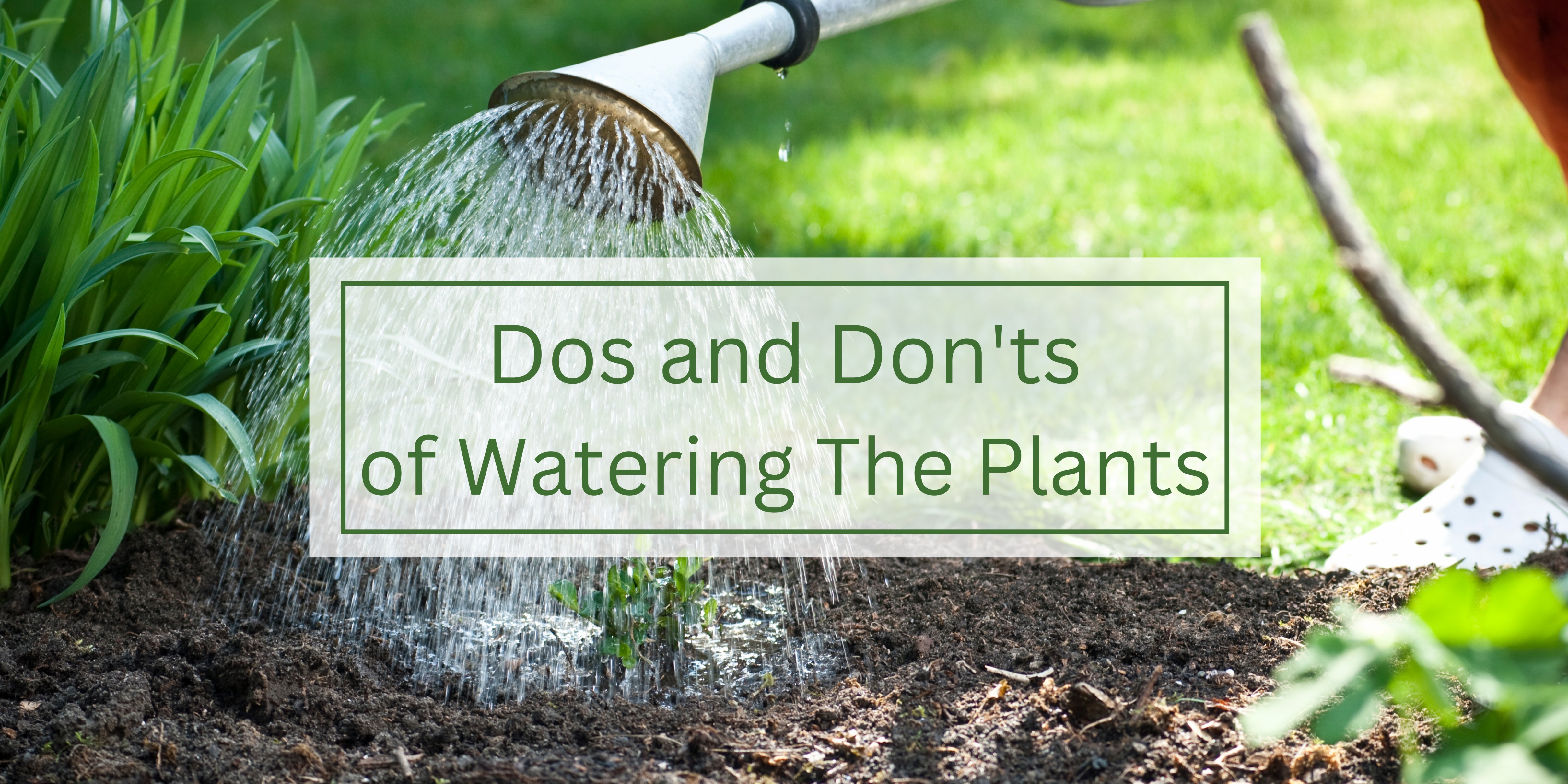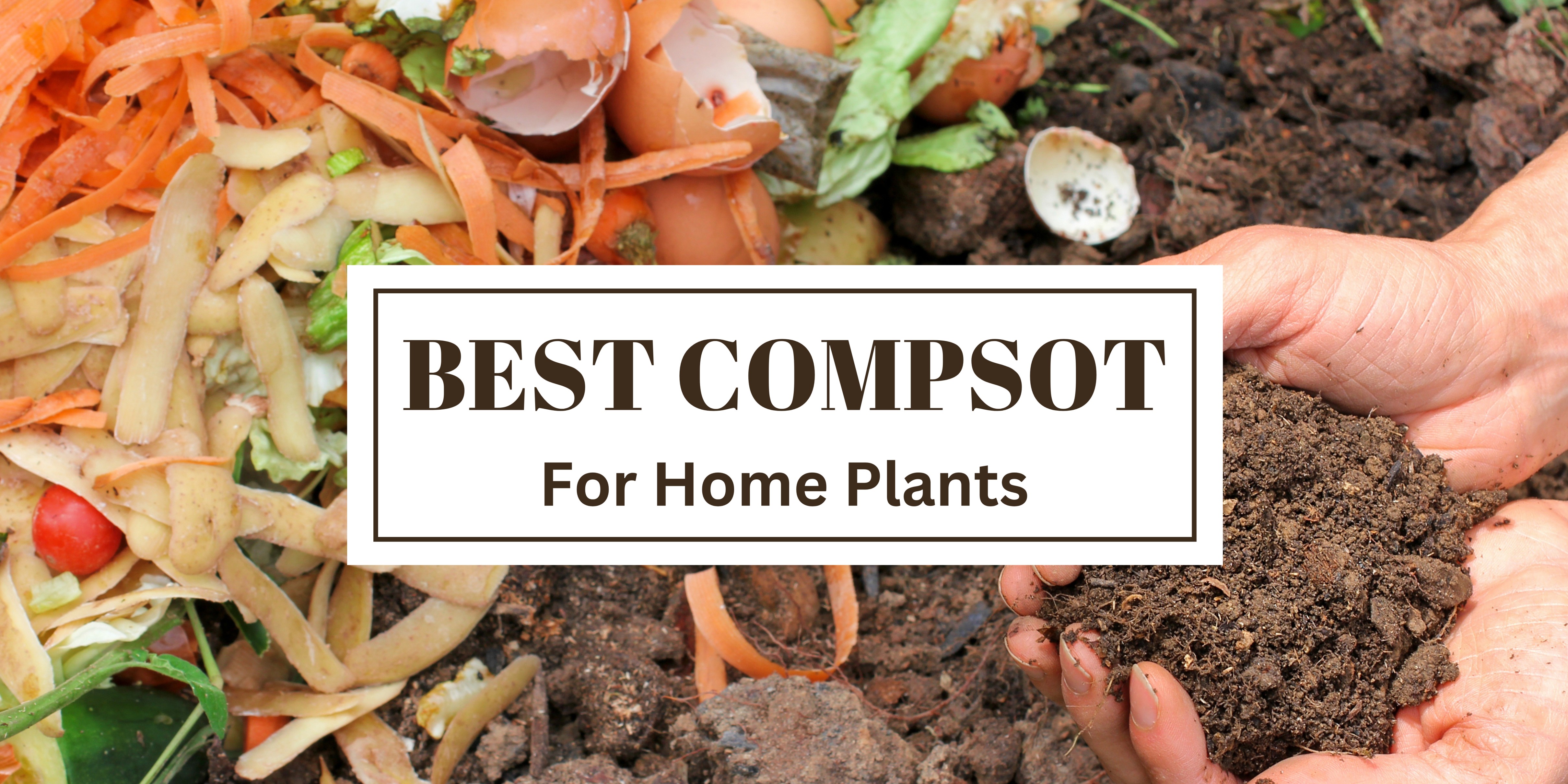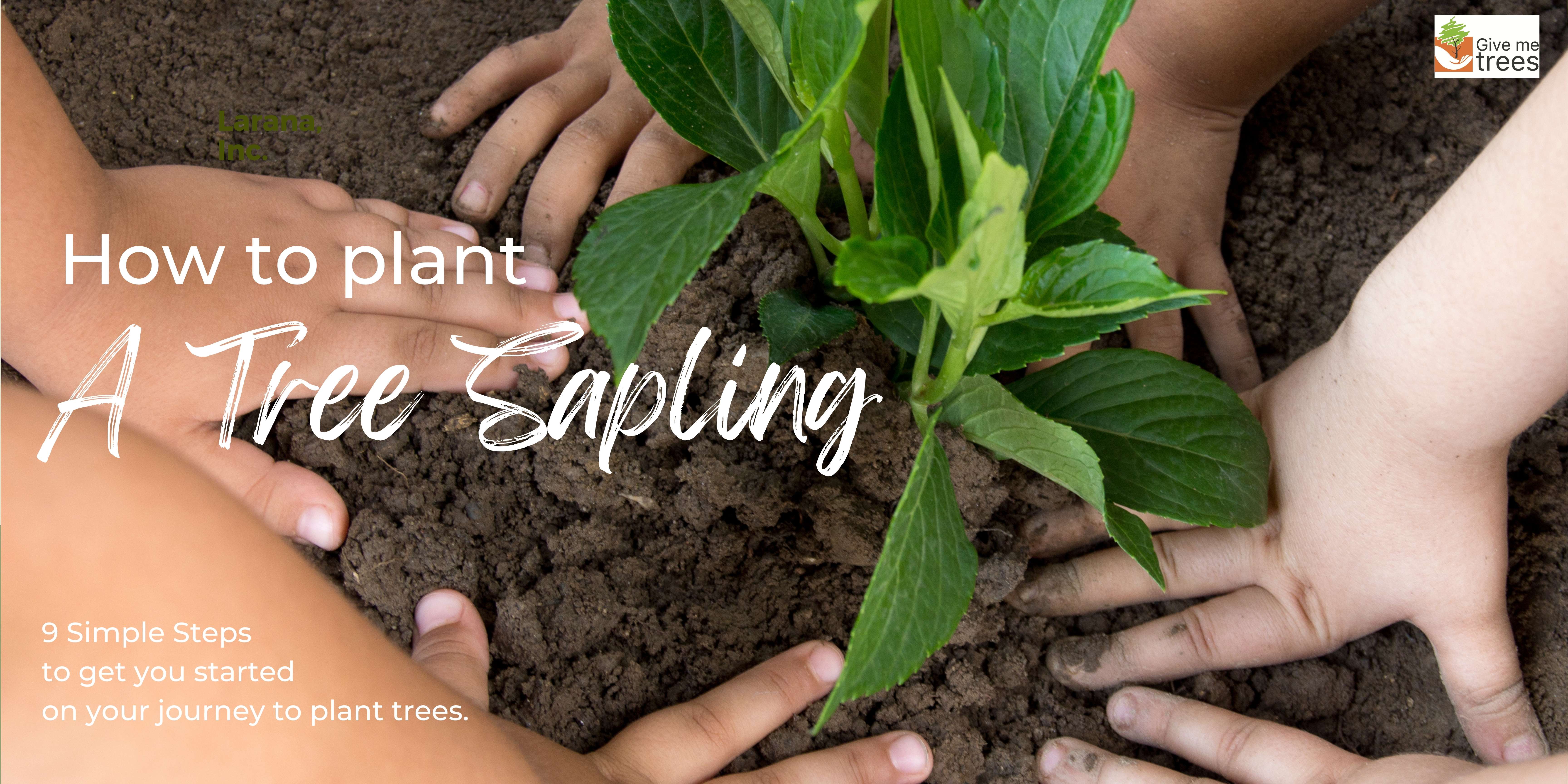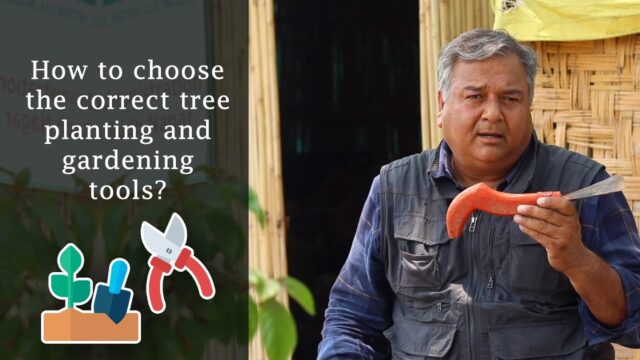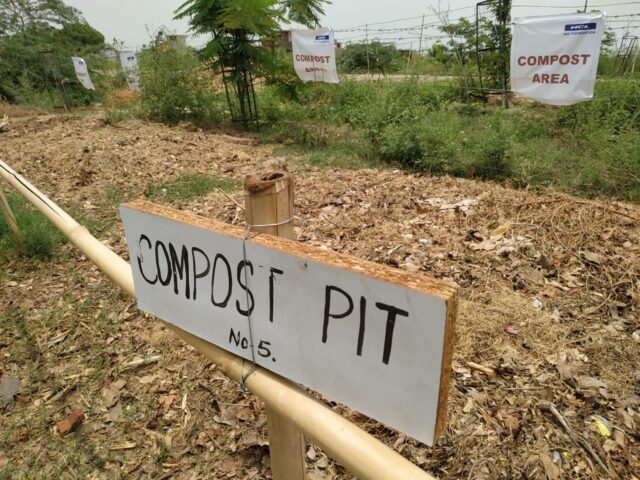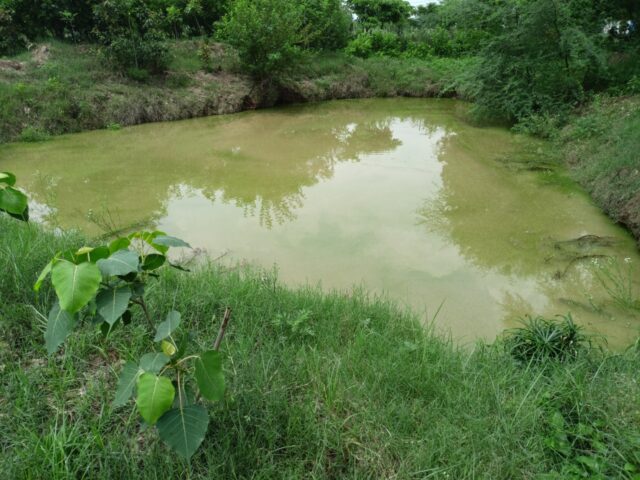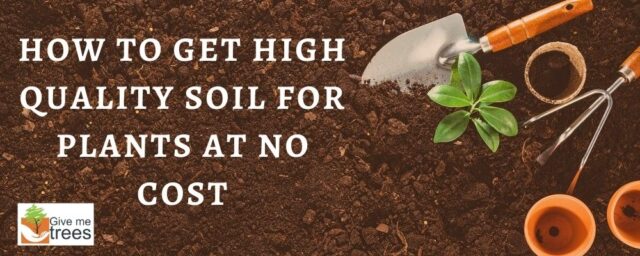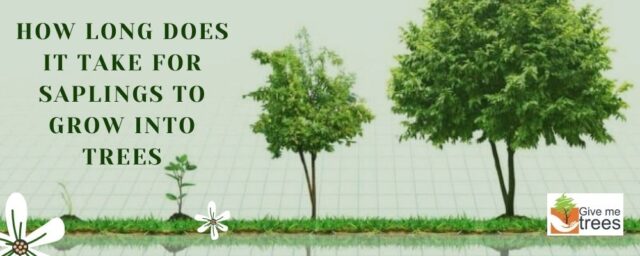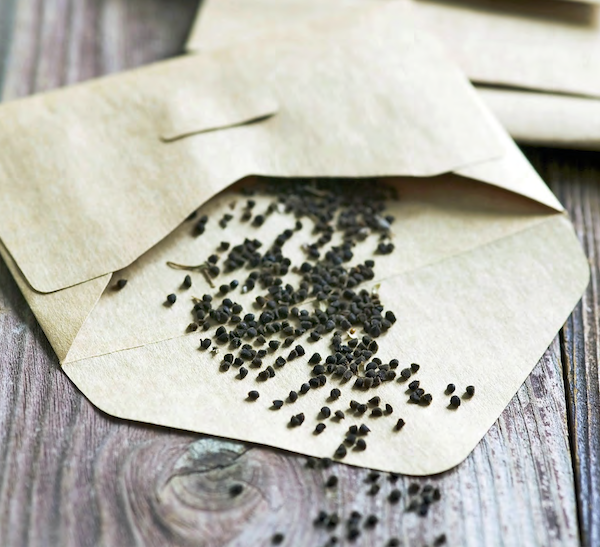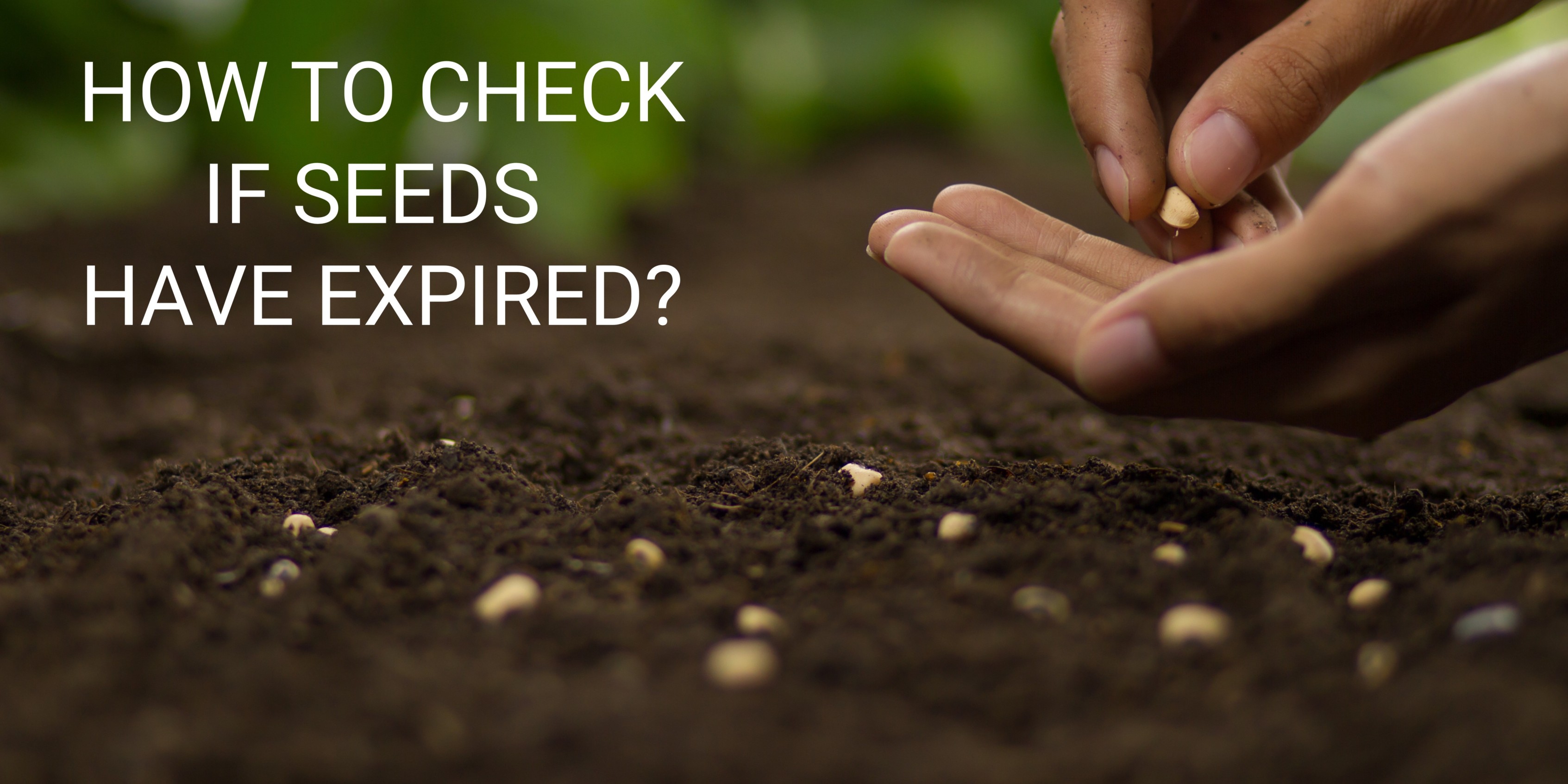
Whether expired seeds have a very low chance of germination. Most seeds have a shelf life of one to two years, after which their viability decreases. However, some seeds like tomato seeds can last up to five years.
Seeds that have been stored properly in a cool and dry place have a better chance of germinating compared to those that have been exposed to moisture and heat. If you have expired seeds, you can try to plant them to see if they will grow. However, it's important to note that the older the seeds are, the lower the chances of successful germination.
How to check if old seeds have expired and can be germinated?
Knowing if seeds have expired is essential if you want to ensure a high germination rate for your plants. The best way to check if your seeds have expired is to look at the packaging for the "use-by" or "sell-by" date. If the seed packet does not have an expiration date, you can assume the seeds are good for up to two years if stored in a cool, dry place. Different types of seeds may have different declining germination rates. A seed packet with say a 90% viability rate may after many years drop down to a much lower number such as 20%.
Seeds that are old should still grow healthy plants, but as they grow considerably older the health of the plant may decline as well. Plants may grow slowly and weakly, and the mature plant may be less productive and not yield many fruits. If you wish to be sure whether the old seeds will sprout before planting them then you can conduct a simple germination test.
-
First, take at least 10 seeds and a paper towel.
-
Evenly moisten the paper towel, ideally using a spray bottle. Make sure the paper towel is not too wet, it should be just damp.
-
After this place the seeds on one half of the paper towel. Fold the other half of the paper towel on the seeds and lightly press it down. Keep it in a moderately warm location and ensure that the paper towel does not go dry.
-
Observe whether they sprout within the typical germination time for that particular seed.
-
Now count the number of seeds that sprouted. If the majority of the seeds have not sprouted, it's likely that they have expired and should be replaced.
If no seeds sprouted then you may have stored it in too wet or too cold conditions, or the seeds were simply too old. If the germination rate is more than 70% then the seeds are totally perfect to use. If it’s considerably less than that then it would be better to get new seeds so you can grow healthy plants!
Another way to check the seed viability is the water test. Take the seeds and put them in a water-filled container. Give the seeds 15 minutes to sit. The seeds are still good if they sink; if they float, toss them out because it's likely they won't grow.
In conclusion, it's always best to use fresh seeds when possible to ensure a high germination rate. However, if you're unsure whether your seeds have expired, you can follow the steps outlined above to perform a germination test.
Liked It? Pin It!

.png)

